Research Team
Project leader:
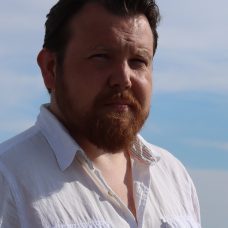
University Lecturer, Dr. Otto Latva:
Latva is a historian focusing on human-animal and human-plant studies as well as environmental history. He has the title of docent in the field of more-than-human history. Latva has widely studied the early modern as well as the nineteenth-century and twentieth-century societies and culture. In his previous studies, he has investigated the shared history of humans and animals, the long-term understanding of the marine environment, and the history of seafaring culture. Latva is also interested in many other matters concerning the relationship between humans and non-human nature. In addition to this, he is interested in the methods of digital humanities. In this project, Latva focuses especially on how popular and scientific knowledge of the disappeared and arrived Baltic Sea biodiversity has formed and circulated in Finland and how animal and plant agency in the Finnish sea area has historically influenced human perceptions of them.
Research team:
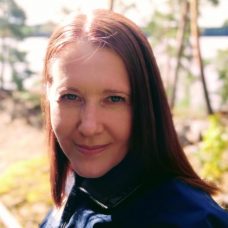
Collegium Researcher, Dr. Teija Alenius:
Alenius is a docent in palaeoecology and specialized in studying people-environmental interactions over a long time perspective. Her main methodological approach is multiproxy analyses from long and continuous sediment sequences. She has solid expertise in multidisciplinary research combining palaeoecology, archaeology, and geology in North-Eastern Europe. As a part of her earlier research, she has proven that in coastal mainland Finland and the archipelago of southern Finland, diversified semi-natural landscape and the cultural landscape visible in the early 20th century was built up already in the Middle Ages. In this project, she will analyze previously existing pollen data from lake sediments in order to study the appearance and loss of plant species and change in biodiversity as a result of past human impact.
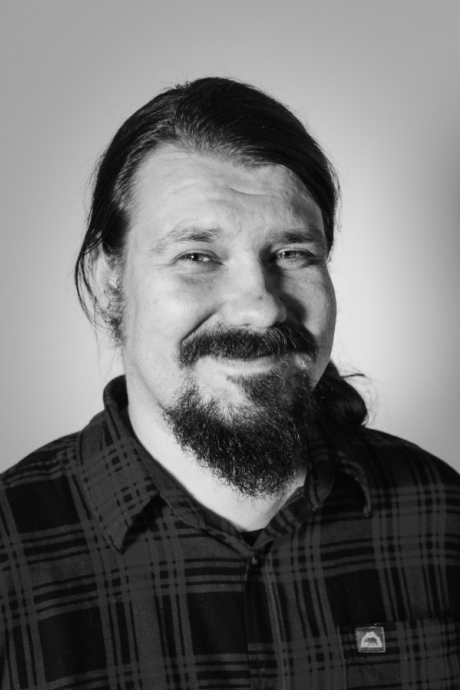
Unversity teacher, Dr. Jere Kyyrö:
Kyyrö is a scholar of religion and a sociologist who teaches qualitative methods and methodology in the study of cultures. He has done research on various topics, including art controversies on national symbols and myths, ritualization in Orthodox Christian processions, positions of religion in political platforms, representations of religion and culture in digital games, and perceptions of interdisciplinarity, professionalism, and expertise in an academic setting. Within HumBio-project, he is responsible for ethnographic fieldwork teaching collaboration and takes part in studying human-bird relations.
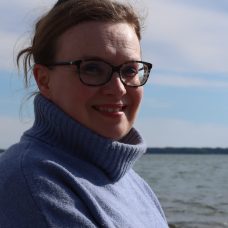
University Lecturer Maarit Leskelä-Kärki:
Maarit Leskelä-Kärki is a University Lecturer of Cultural History at the University of Turku. She is specialized in life-writing studies, gender history, and cultural history of writing and religiousness. She has titles of docents in cultural history and life writing research at the University of Turku and the University of Lapland. From 2018 to 2021 she led the research project “Seekers of the New. Esotericism and the transformation of religiosity in Finland during the era of modernisation, 1880-1940” (Kone Foundation). In her most recent book project, written together with Otta Latva, she explores the meanings of sea and nature in the life and works of Tove Jansson (Meri ja Tove. Elämää saaristossa, Sea and Tove. Life in the Archipelago, John Nurminen Foundation, 2022). In HumBio-project she will continue the methodological development of ecobiography and focus on the life stories of people living in the archipelago of the Baltic Sea.
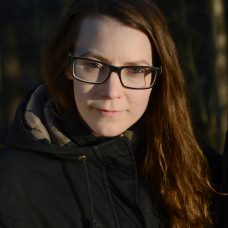
Dr. Heta Lähdesmäki:
Lähdesmäki is a historian specialized in environmental history, human-animal studies and cultural plant studies. She has studied environmental conflicts, such as human-predator conflicts, non-human agency, and everyday entanglements between humans, animals, plants and other non-humans, for instance, in the Finnish Archipelago. She has experience in multidisciplinary projects combining history, archaeology, biology and geology. In this project, Lähdesmäki will concentrate on scientific research and conservation and analyze how human emotions have historically affected these practices and how plant and animal agency has affected human perceptions and knowledge formation.
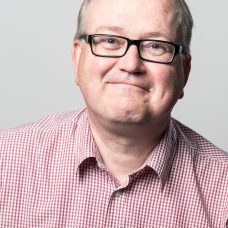
Professor Hannu Salmi:
Salmi is a Professor of Cultural History at the University of Turku, Finland, an Academy Professor for the years 2017–2021, and a historian of the nineteenth and twentieth centuries. He is the author of, for example, What is Digital History? (Polity, 2020) and the editor of The Routledge Companion to Cultural History in the Western World (Routledge, 2020), together with Alessandro Arcangeli and Jörg Rogge. He has written extensively on the history of media and on digital methodologies in the study of the past.
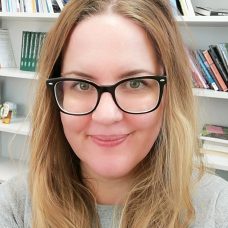
Dr. Kirsi Sonck-Rautio:
Sonck-Rautio is an environmental ethnologist and anthropologist, focusing on wicked environmental problems, such as adaptation to climate change, biodiversity loss and plastic waste, especially in the marine environments. Her main theoretical focus is political ecology. Her expertise also lies in multidisciplinary research, and she has worked in projects combining economics, political science, chemistry and biology. In HUMBIO, she will concentrate on the intertwined relationship between different types of knowledge and emotions in environmental policy-making, and how these factors influence decision-making processes.
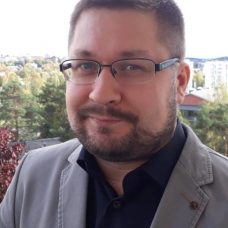
Dr. Harri Uusitalo:
Uusitalo is a linguist, specialized in historical linguistics, especially in the history of the Finnish lexicon. Previously, he has studied e.g. old Finnish fish names in addition to many other linguistic matters, such as the development of religious and legal language. In the project, Uusitalo examines the modern language used online, as well as language in historical sources. He focuses on studying how language reflects the human relationships with animals and plants during different eras.